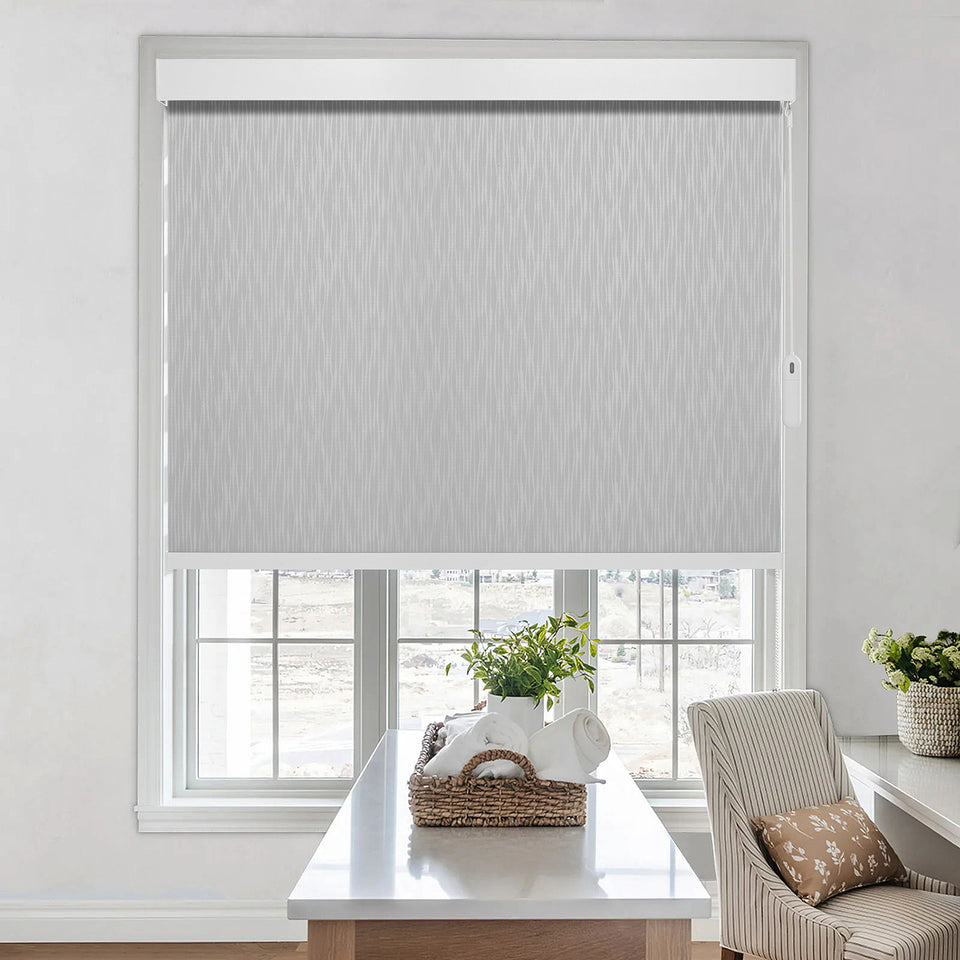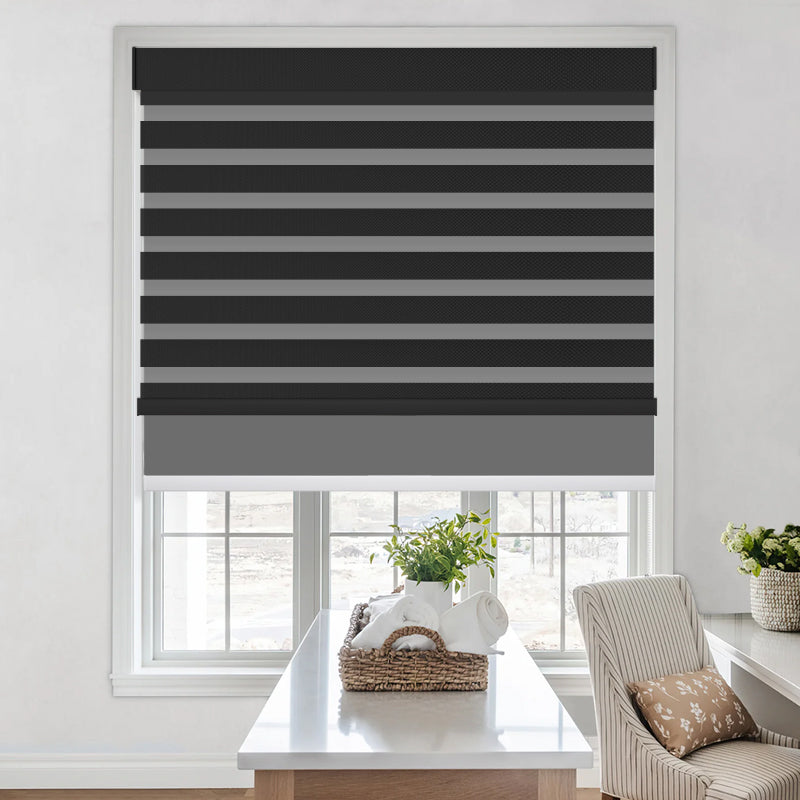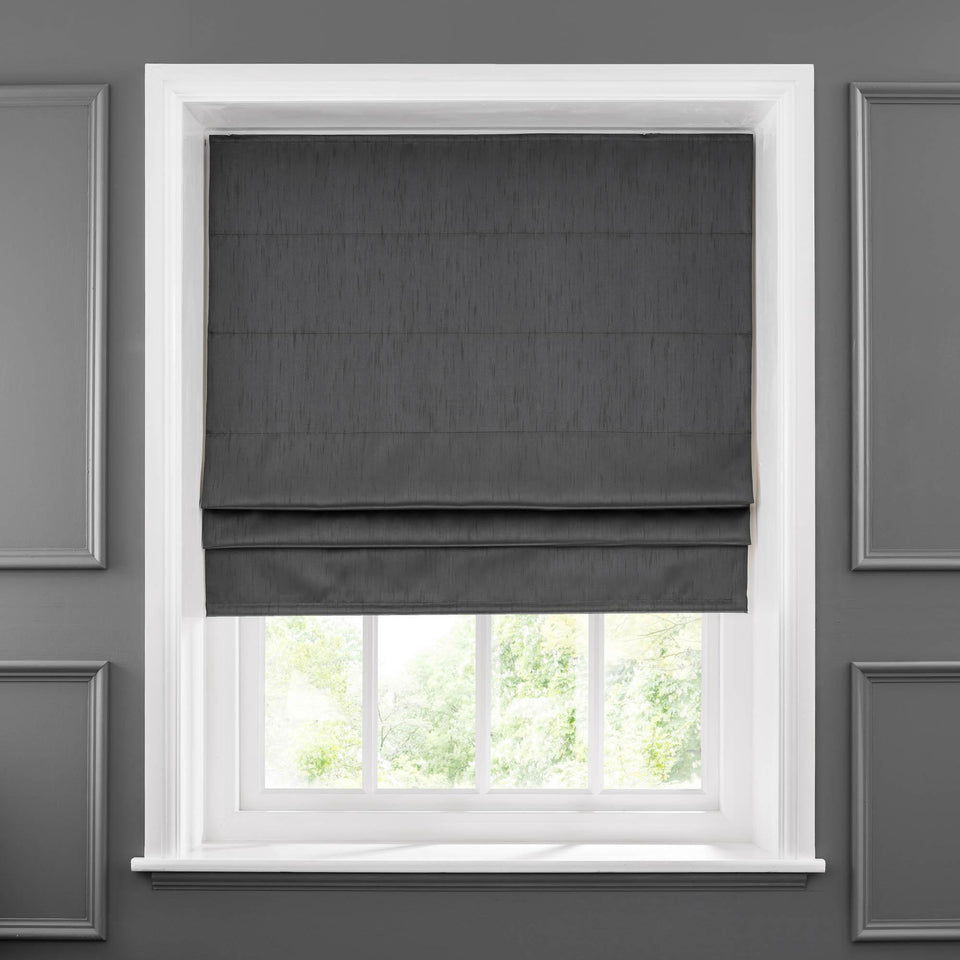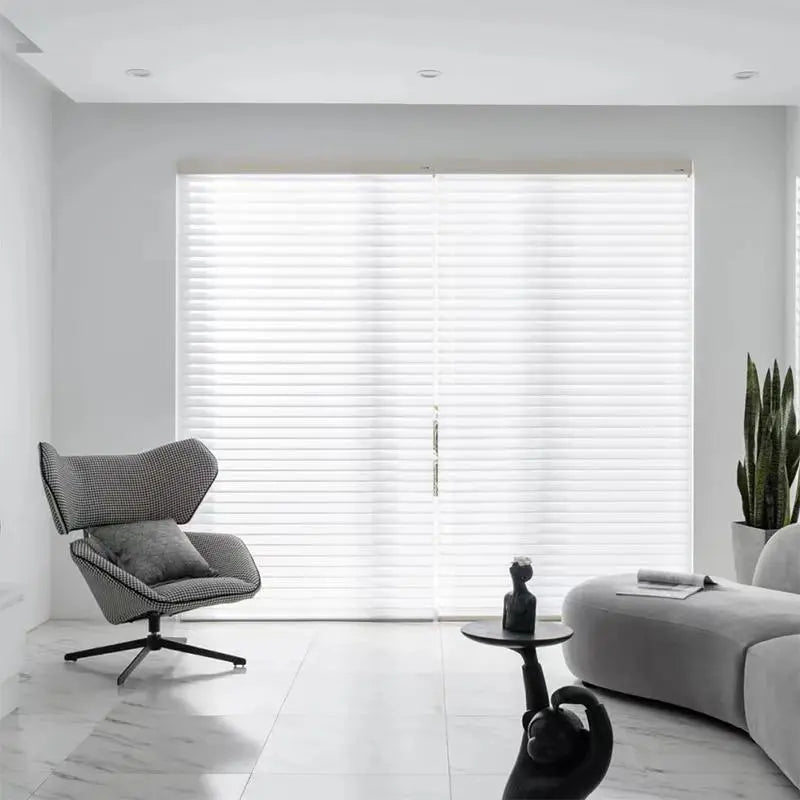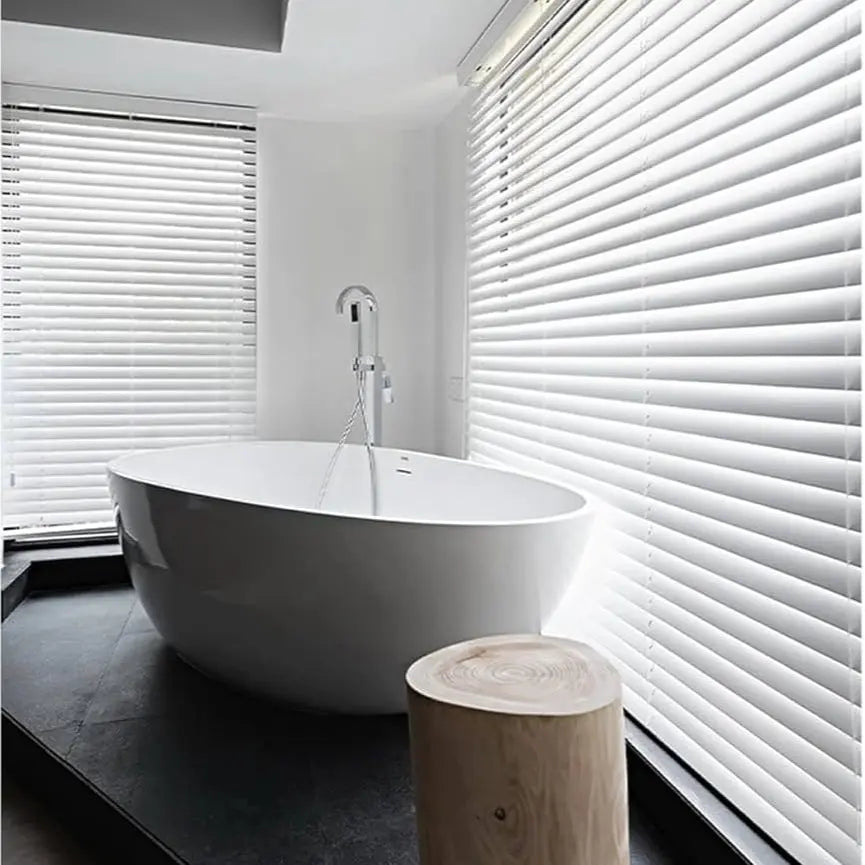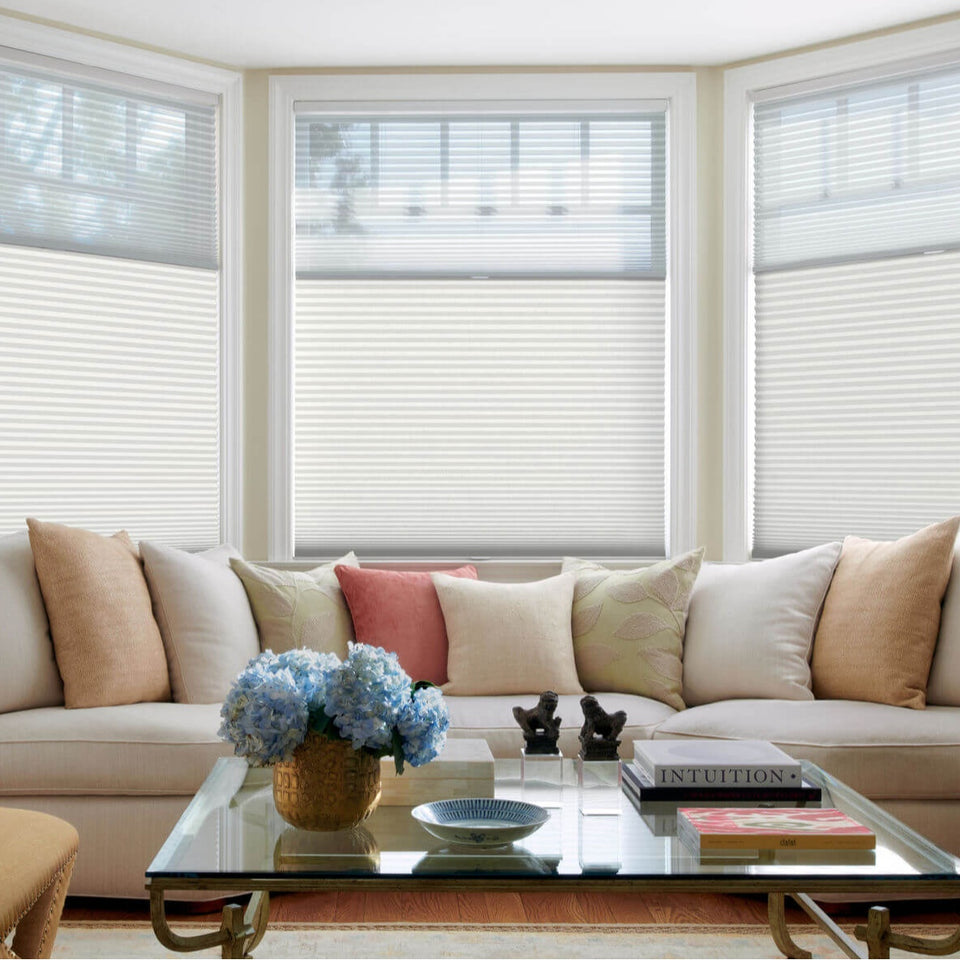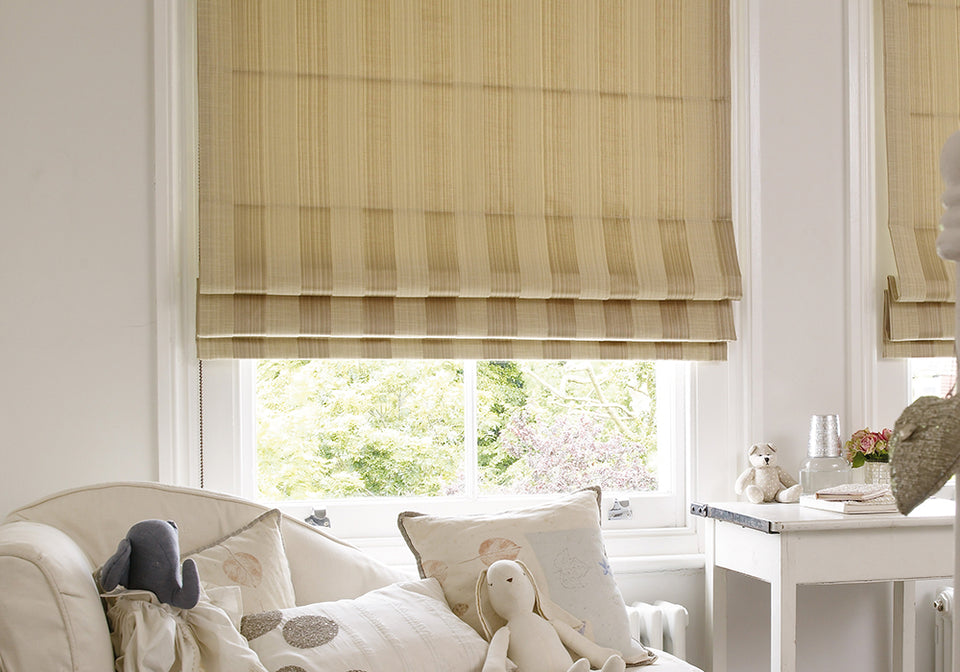Key Considerations When Choosing Curtain Fabric
Each fabric type offers unique benefits, so it’s helpful to consider the following:

Types of Fabrics for Curtains
Here are some popular choices to help you find the best fabric to match your style and needs:
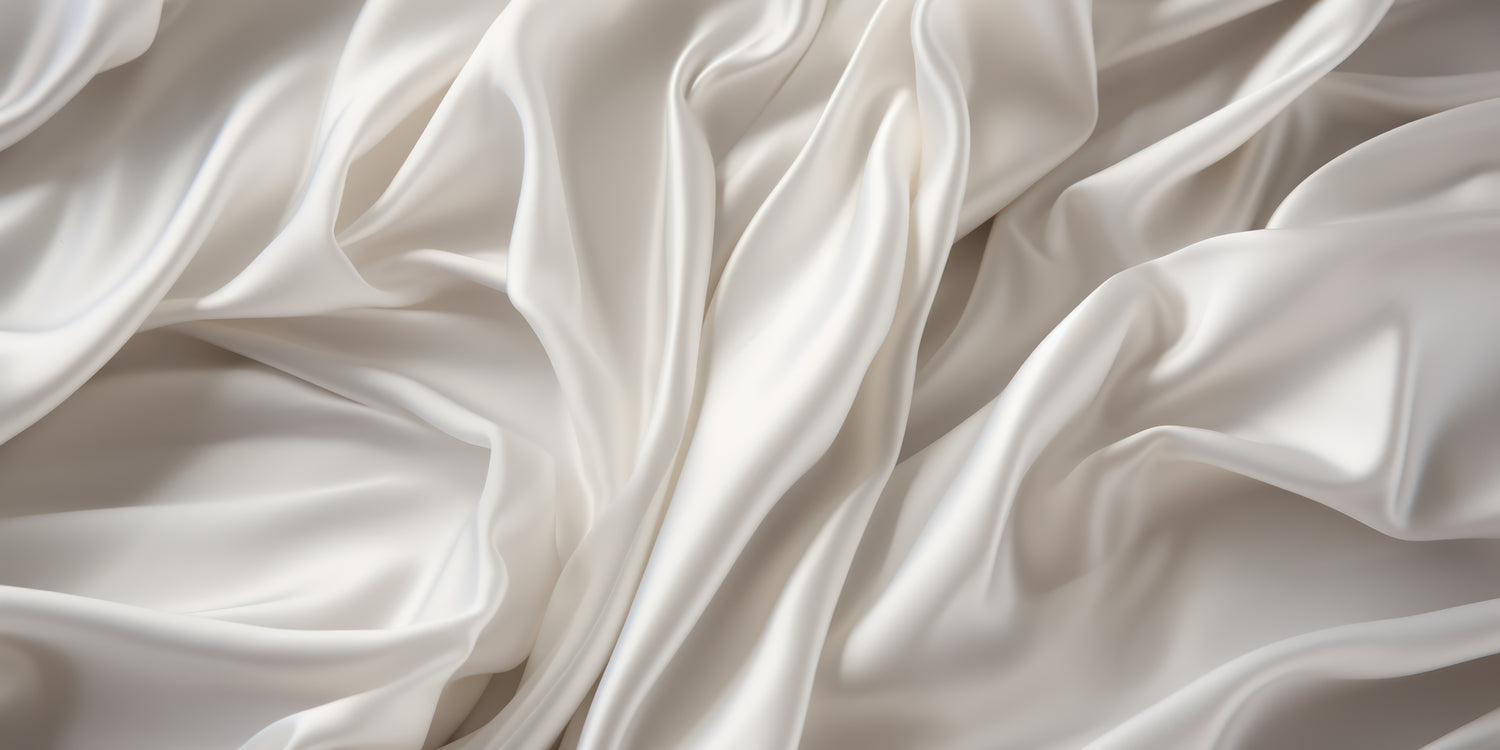
Silk
Silk’s soft, shimmering texture creates an elegant, romantic look, ideal for formal spaces. This fabric hangs beautifully and adds sophistication but requires special care.
Pros: Luxurious appearance, excellent drape, elegant sheen
Cons: Prone to sun damage; dry cleaning recommended
Best For Living rooms, dining rooms, or low-traffic areas with minimal sun exposure
Care Tips: Use a liner or solar shade to protect from fading.
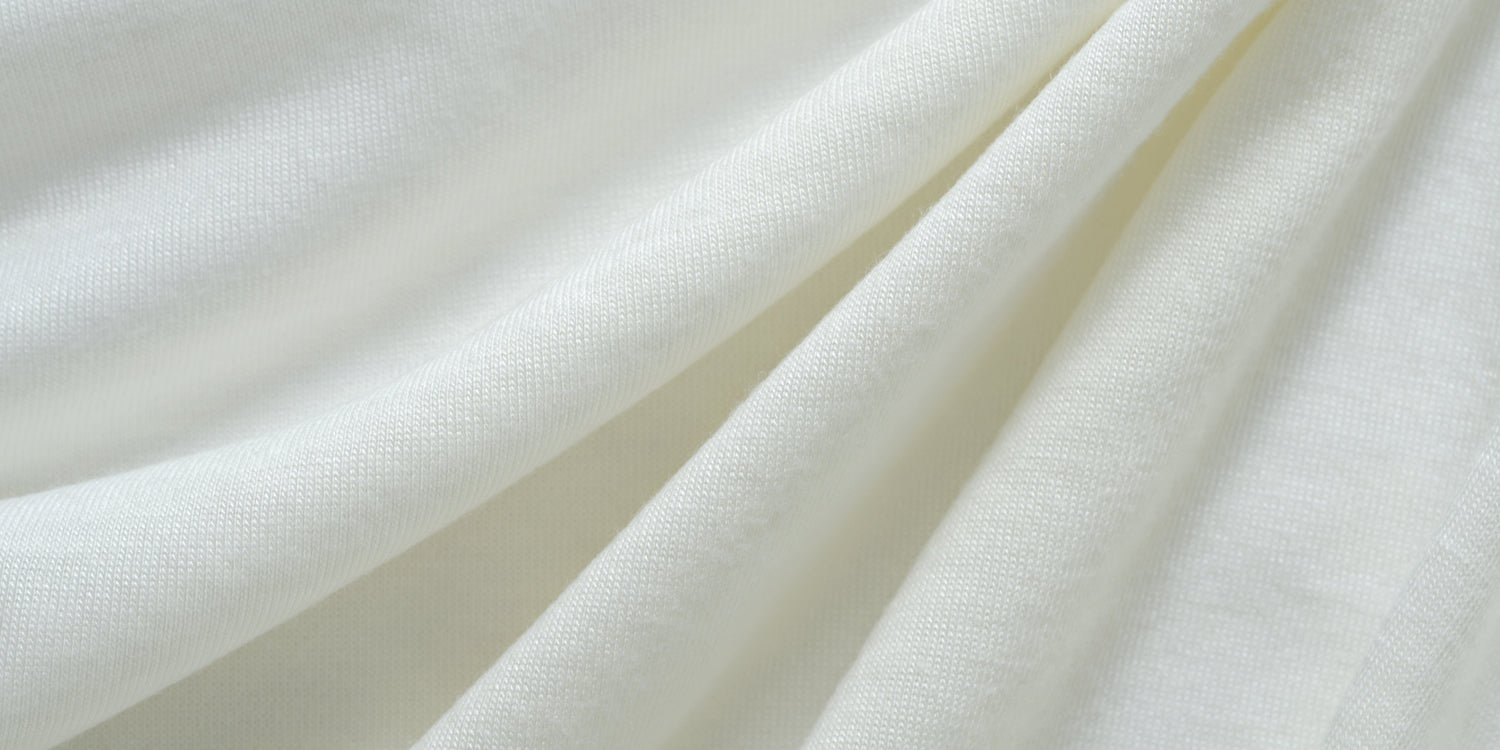
Linen
Linen is loved for its relaxed, breathable quality, creating a natural look. This fabric is eco-friendly, allowing light to filter through softly, making it a top choice for casual spaces.
Pros: Light-filtering, airy, organic look, eco-friendly
Cons: Prone to wrinkling, less structured
Best For: Living rooms, kitchens, and sunrooms
Care Tips: Machine-washable but avoid ironing to maintain its natural texture.
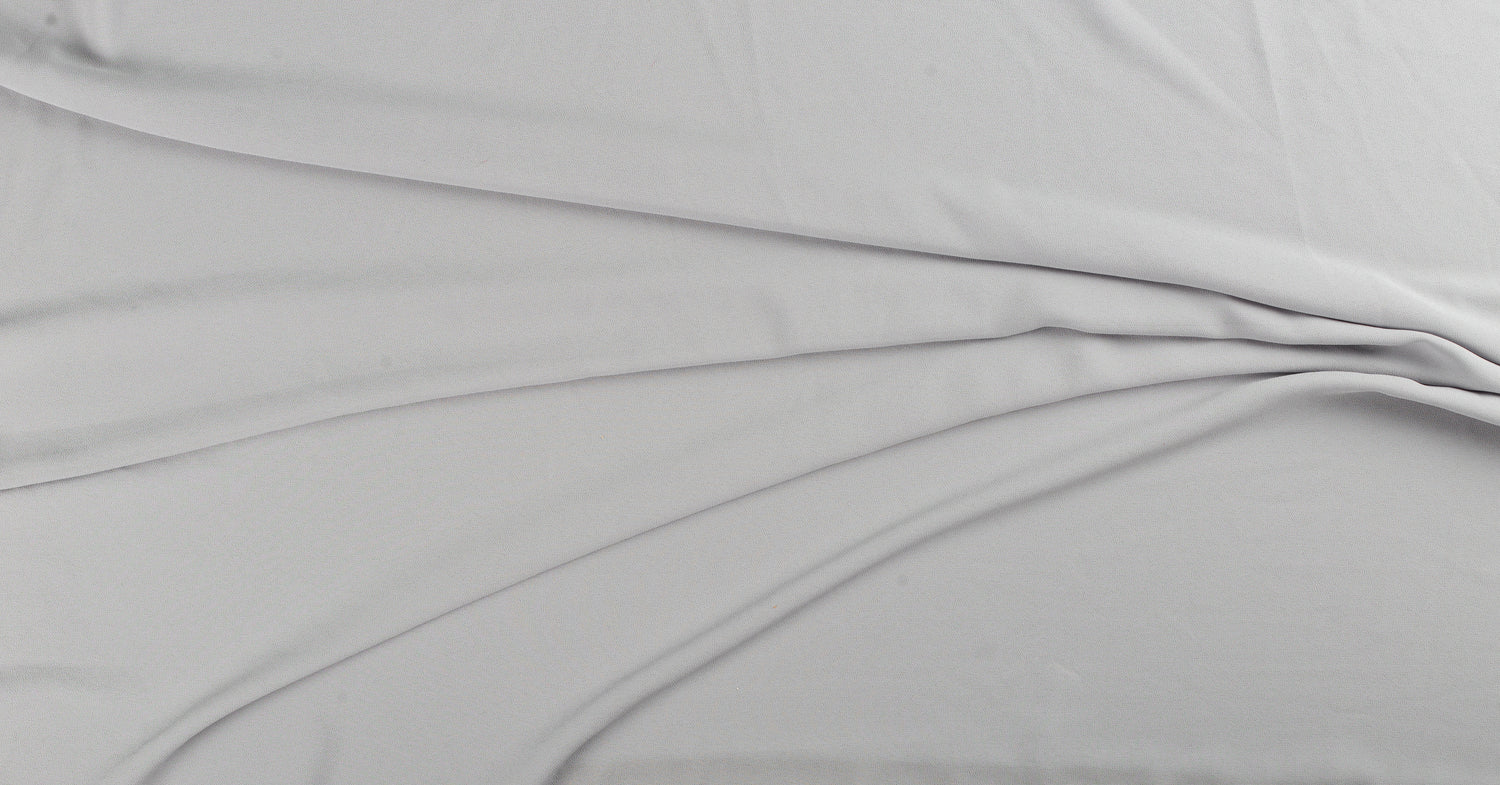
Polyester
Polyester is a highly durable and affordable fabric that’s resistant to fading and low maintenance. It’s great for households looking for a budget-friendly, long-lasting option.
Pros: Budget-friendly, fade-resistant, durable
Cons: Stain-prone, less natural drape
Best For Bedrooms, family rooms, and high-traffic areas
Care Tips: Machine-washable; avoid high temperatures.
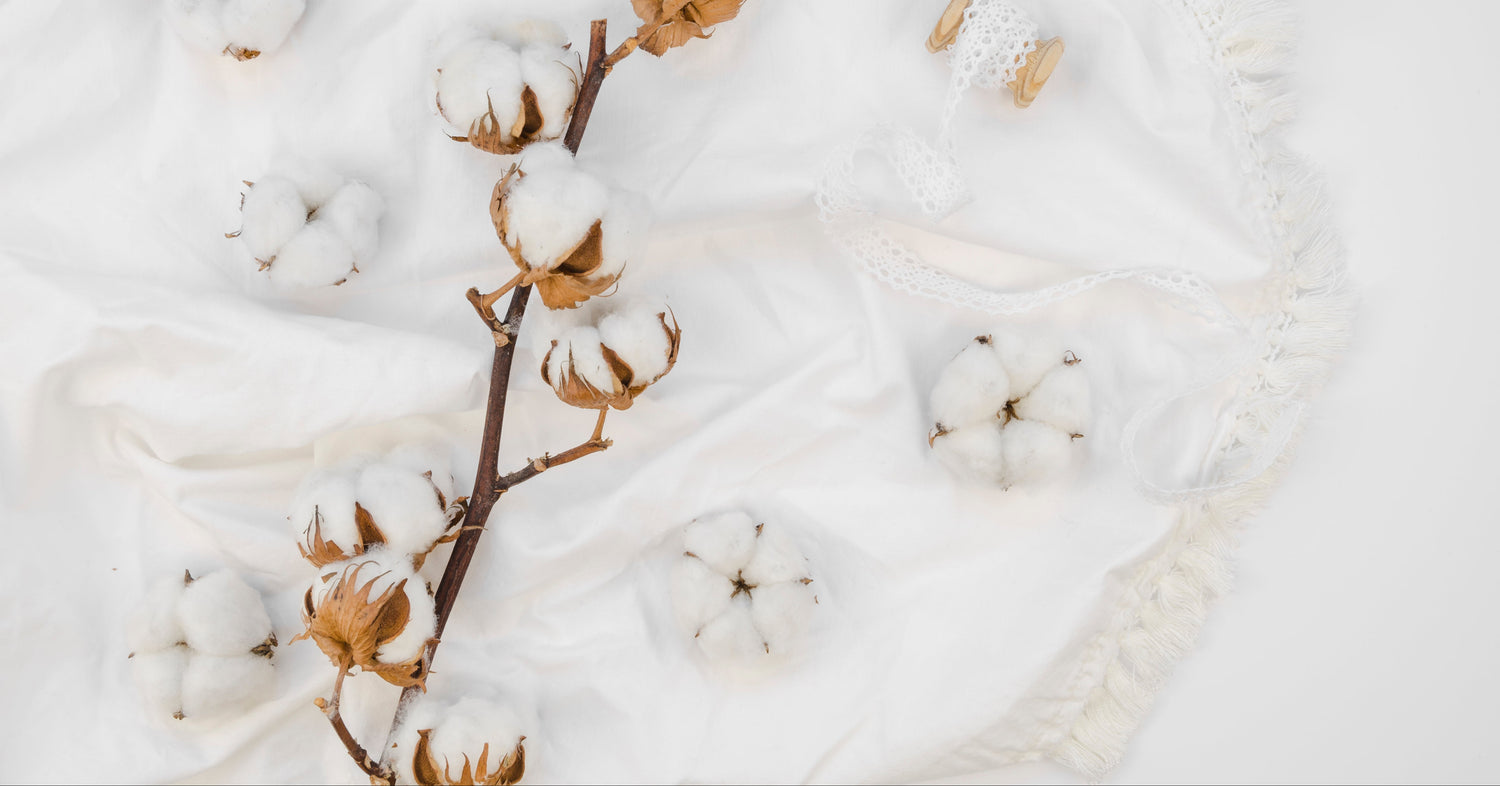
Cotton
Cotton is versatile and works well with both casual and formal decor styles. It’s available in various weights, making it suitable for any room and easy to clean.
Pros: Easy to care for, breathable, adaptable for any style
Cons: Prone to shrinkage and wrinkling
Best For: Bedrooms, children’s rooms, and family spaces
Care Tips: Pre-washed cotton minimizes shrinkage; machine-washable.
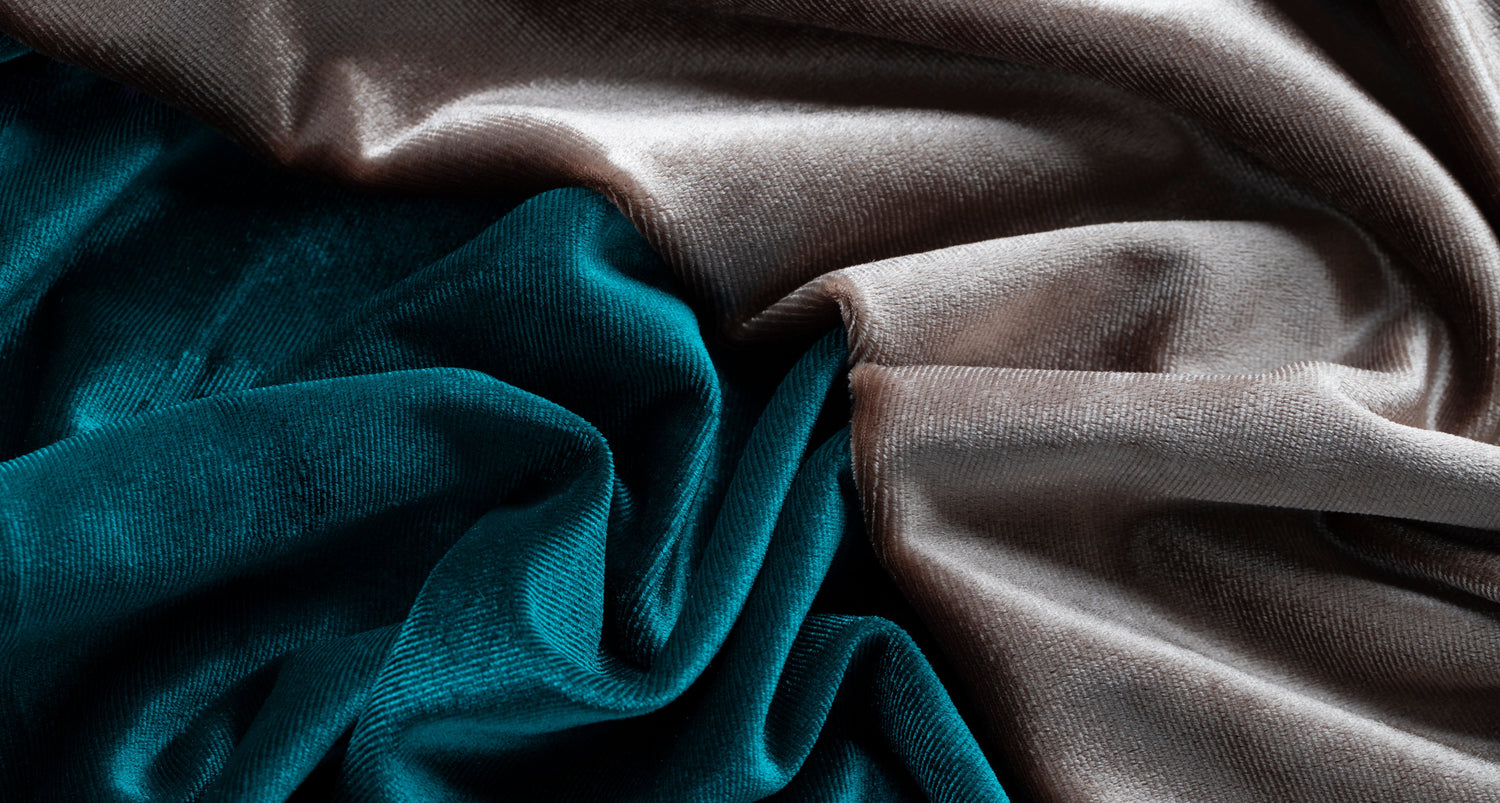
Velvet
Velvet has a rich, luxurious look that adds depth to a room, providing excellent light and sound control.
Pros: Luxurious texture, excellent for insulation, blocks light and sound
Cons: High maintenance, heavy, dry cleaning needed
Best For: Bedrooms and media rooms
Care Tips: Vacuum regularly; dry clean to preserve texture.
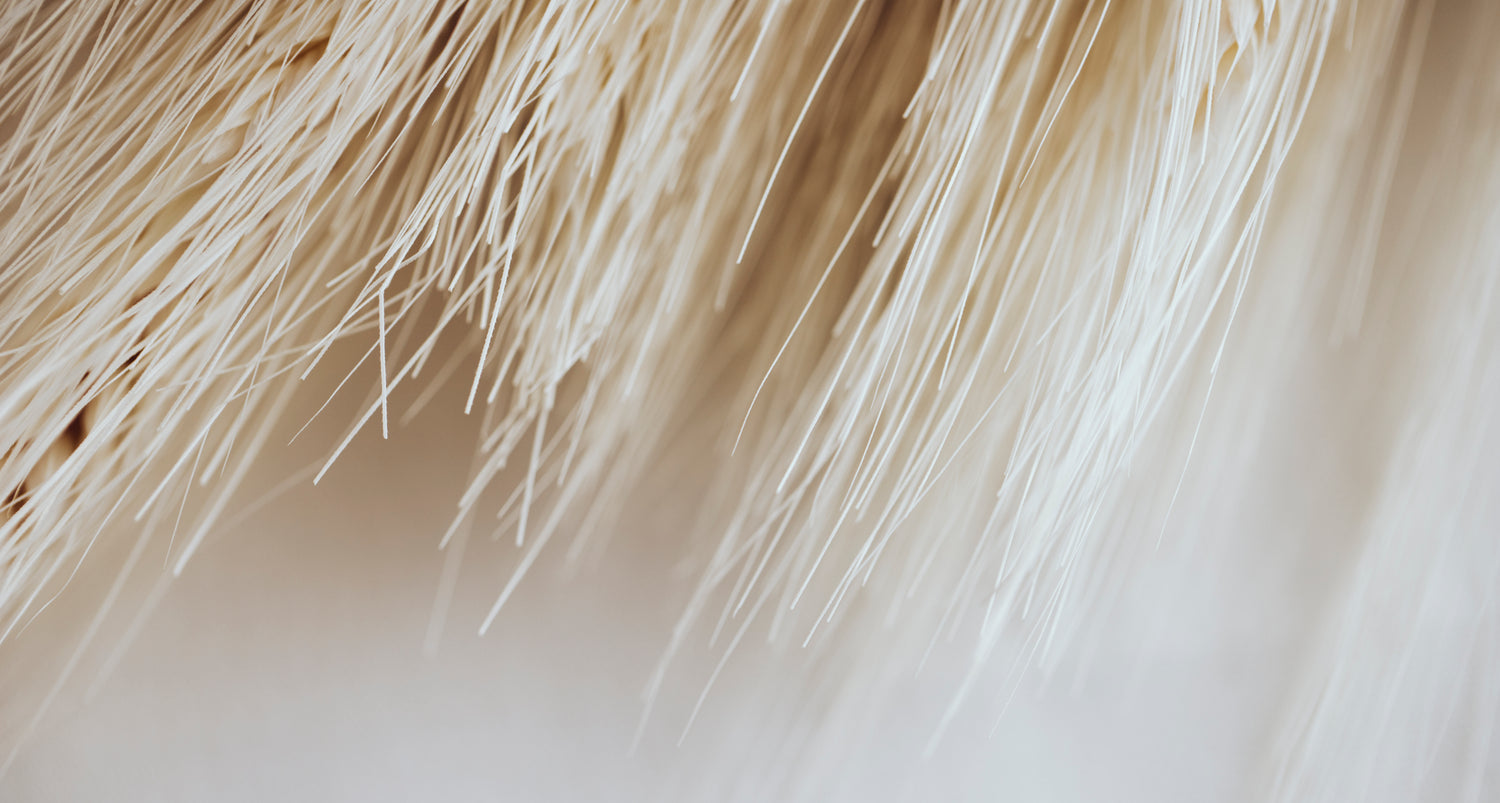
Organic Fabrics (Flax, Ramie, Jute, and Sisal)
Organic fabrics are derived from plant-based materials, making them sustainable and durable choices. Their natural textures and colors create a warm, earthy aesthetic that complements eco-friendly decor.
Flax: Known for its strength, flax is highly durable and has a similar texture to linen. It offers natural light filtering and has a charming, slightly rustic appeal.
Best For: Casual spaces like living rooms or kitchens
Care Tips: Machine washable; avoid harsh detergents to preserve fibres.
Ramie: Ramie is breathable, lightweight, and has a silky lustre, making it a great eco-friendly alternative to silk. It’s durable and holds dye well, adding vibrancy to the room.
Best For: Bedrooms, kitchens, or areas with moderate sunlight
Care Tips: Hand wash or gentle machine wash to maintain fabric quality.
Jute: Jute’s coarse, earthy texture brings a natural and rustic touch. It is naturally insulating, helping to regulate temperature in a room.
Best For: Sunrooms, boho-themed living rooms, and casual spaces
Care Tips: Spot clean as needed; not suitable for washing machines.
Sisal: Sisal is known for its durability and adds a warm, organic feel. It’s particularly suitable for minimalist or eco-friendly decor and works well in areas with high sun exposure.
Best For: Sunrooms, kitchens, and rooms with rustic decor
Care Tips: Spot clean only; avoid water exposure.
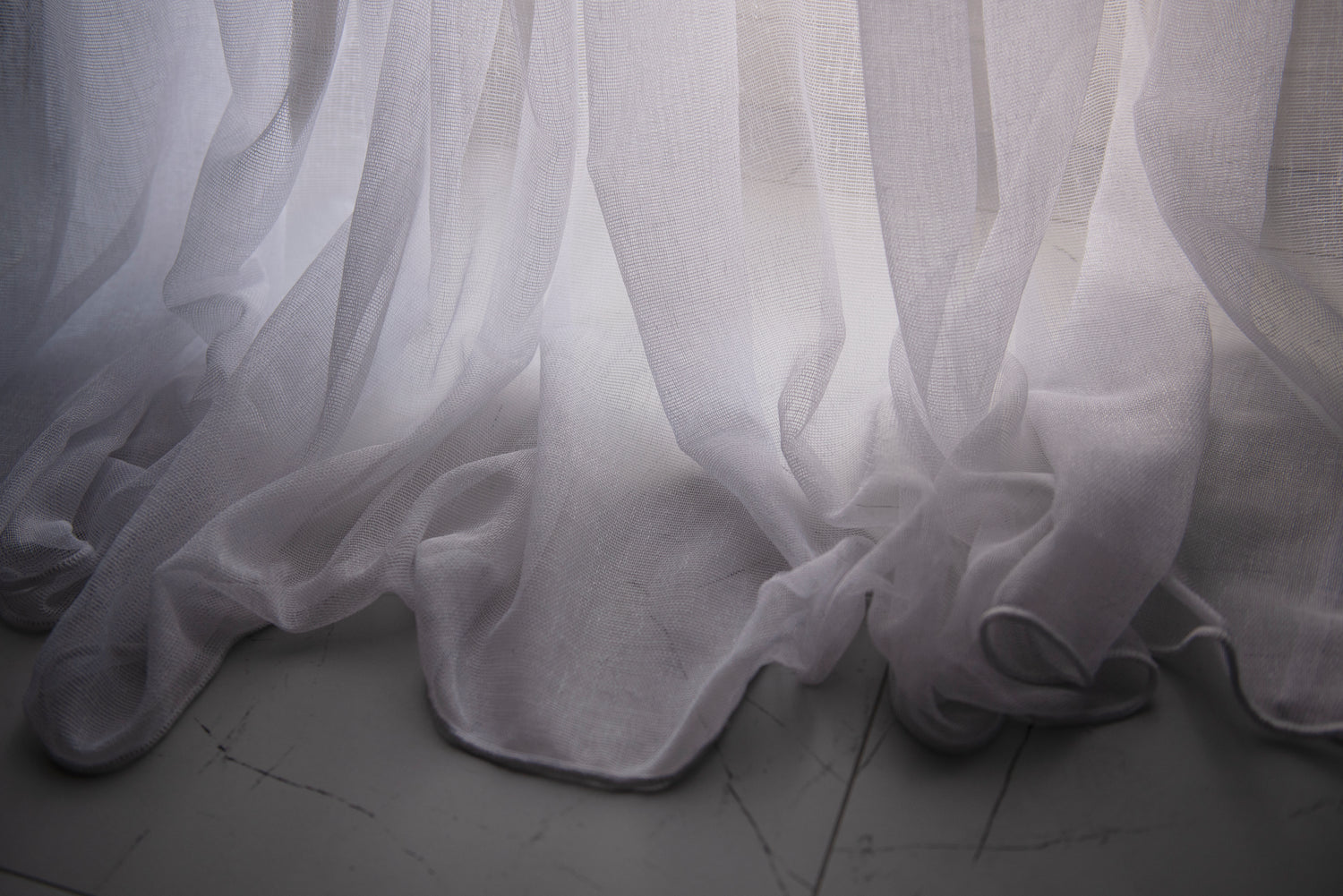
Sheer Fabrics (Voile, Organza)
Sheer fabrics like voile and organza offer a soft, diffused light effect. They add an airy, ethereal feel to rooms without compromising privacy when layered over heavier curtains.
Pros: Softens natural light, enhances privacy, lightweight
Cons: Minimal insulation, less light-blocking capability
Best For: Layering in bedrooms or living rooms
Care Tips: Hand or machine washable; handle with care to avoid snags.
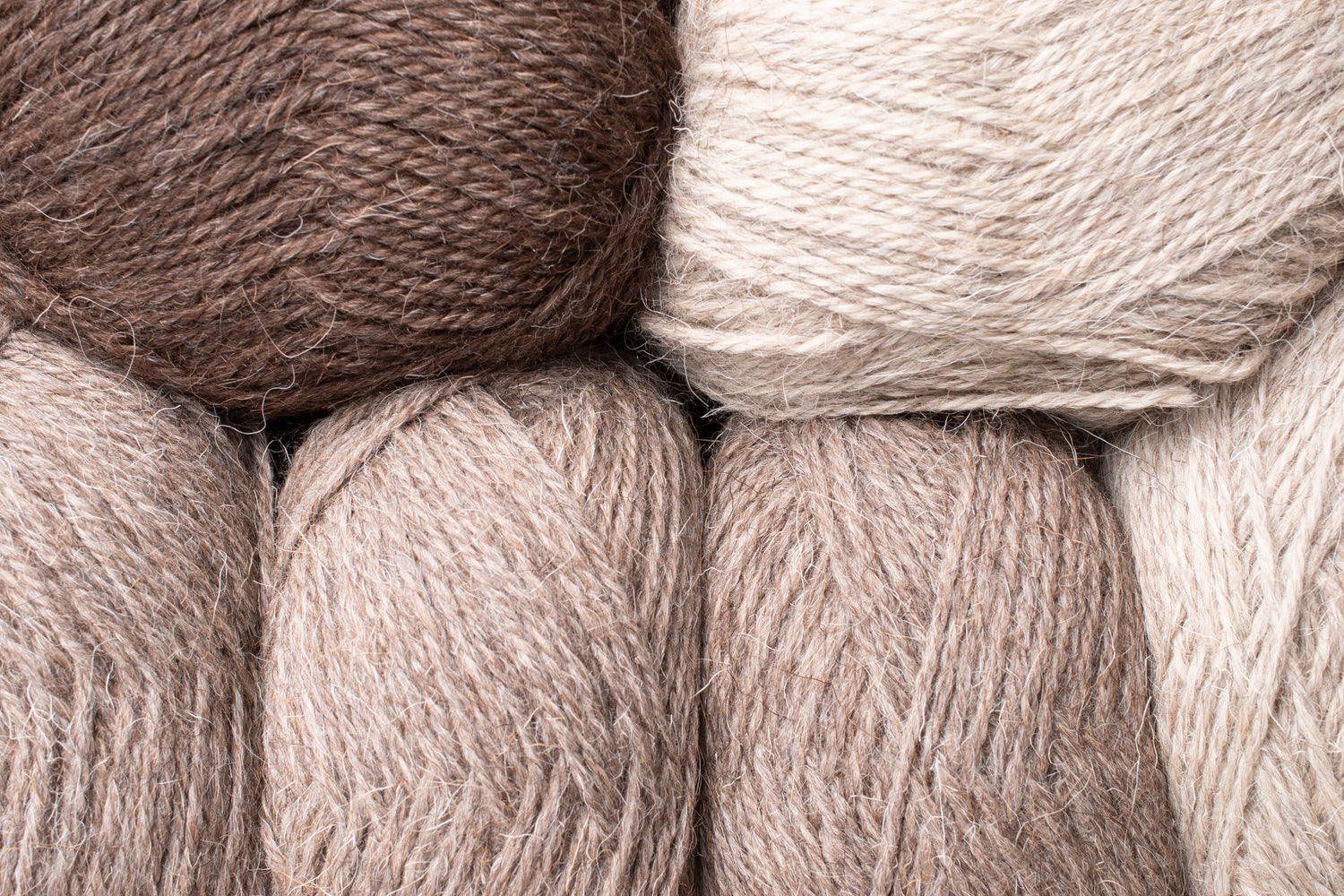
Acrylic Blends
Acrylic fabrics mimic the softness of wool or velvet but are lighter and fade-resistant, making them a good option for sun-exposed rooms.
Pros: Fade-resistant, durable, insulating
Cons: Synthetic look, less breathable
Best For: Sunrooms, high-traffic rooms with strong sunlight
Care Tips: Machine-washable on gentle settings; avoid hot water.
Choosing the Right Fabric for Your Curtains


- For Light Control and Privacy: Choose heavier fabrics like velvet or lined cotton for full privacy and light-blocking. Lighter options like linen or sheer fabrics are better for gently filtering light.
- For Style and Texture: Silk and velvet create a luxe look, while natural fabrics like jute, sisal, or flax offer an organic, rustic feel.
Each fabric type brings unique qualities to your space, from luxurious velvet to earthy jute. The longtermhouse.com team is here to guide you in selecting the perfect fabric for a comfortable, stylish, and functional home environment.
With this guide, we hope you feel empowered to make a well-informed curtain choice that complements your home’s decor and your personal needs.


